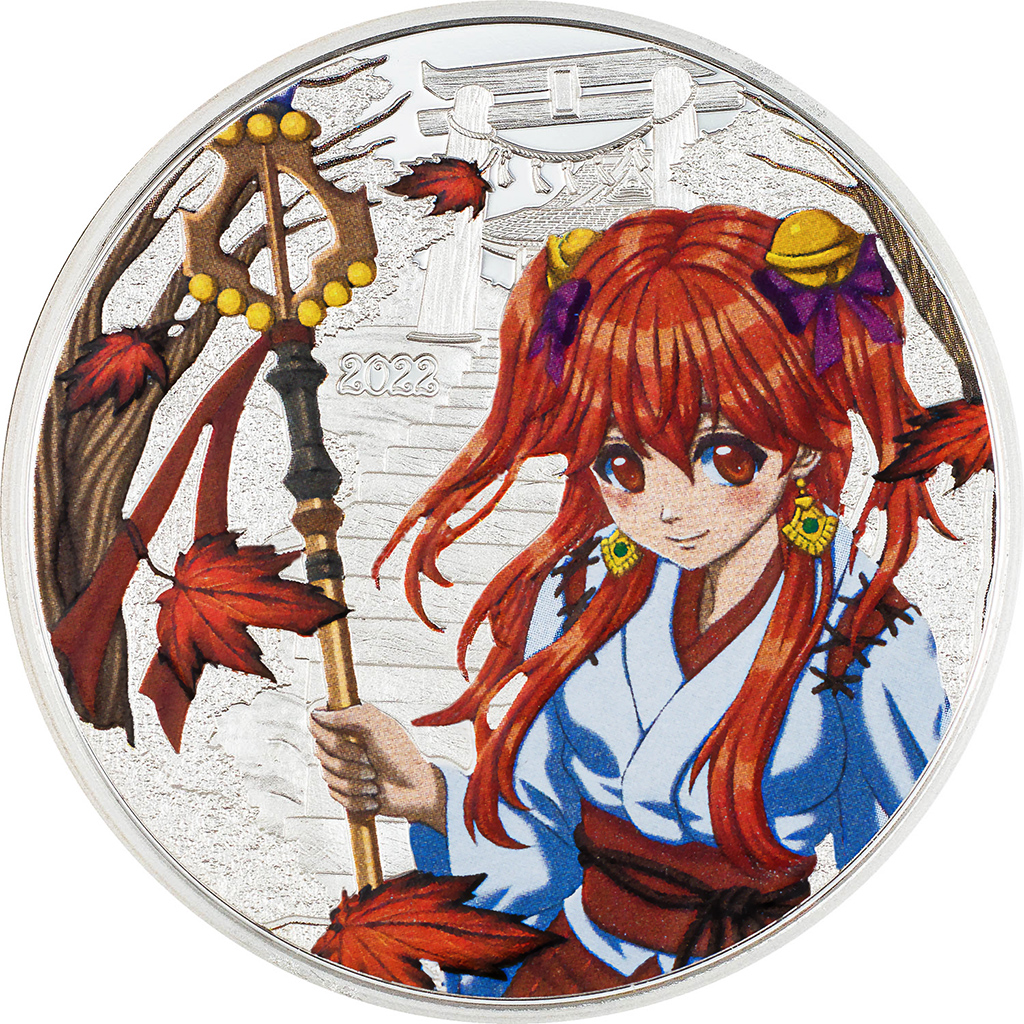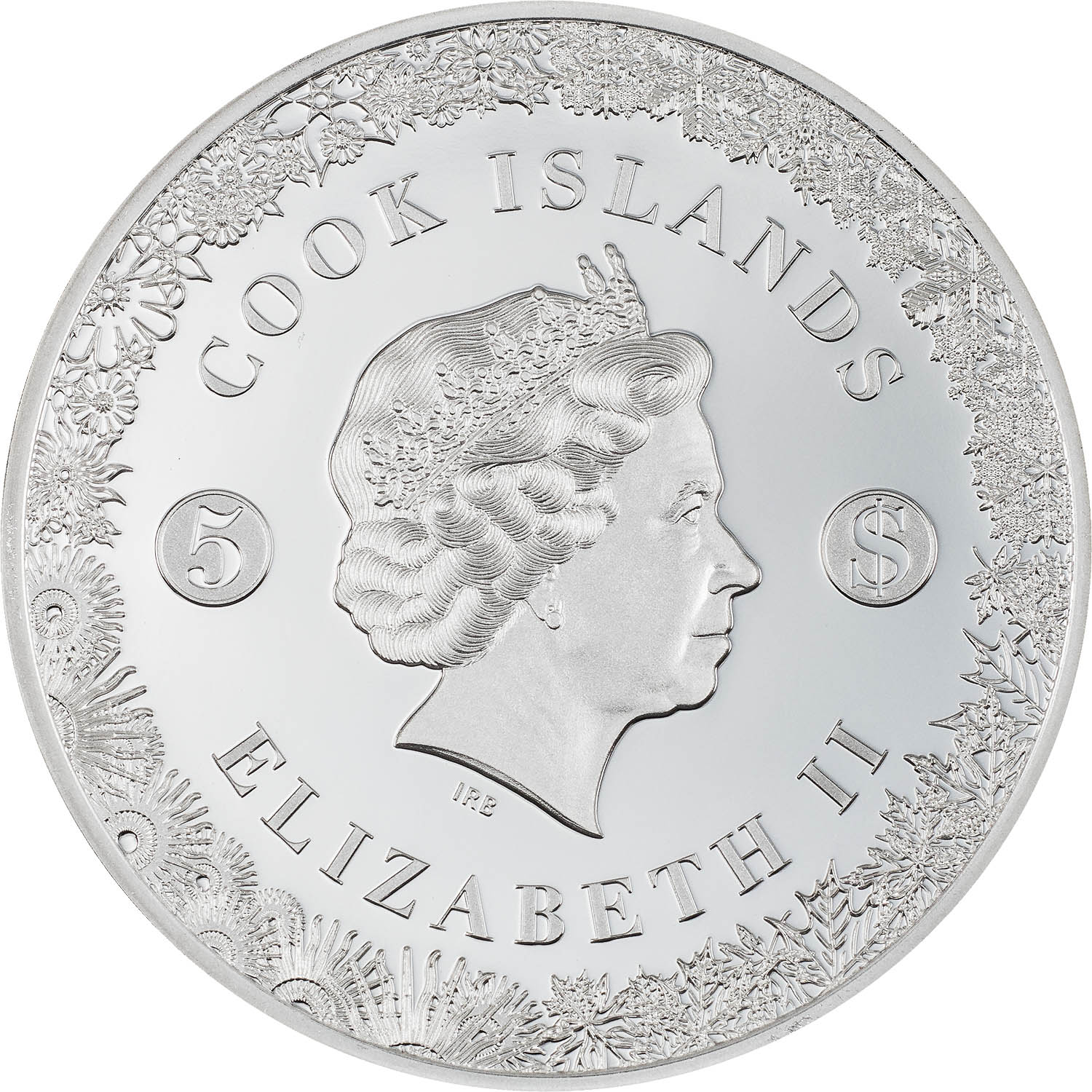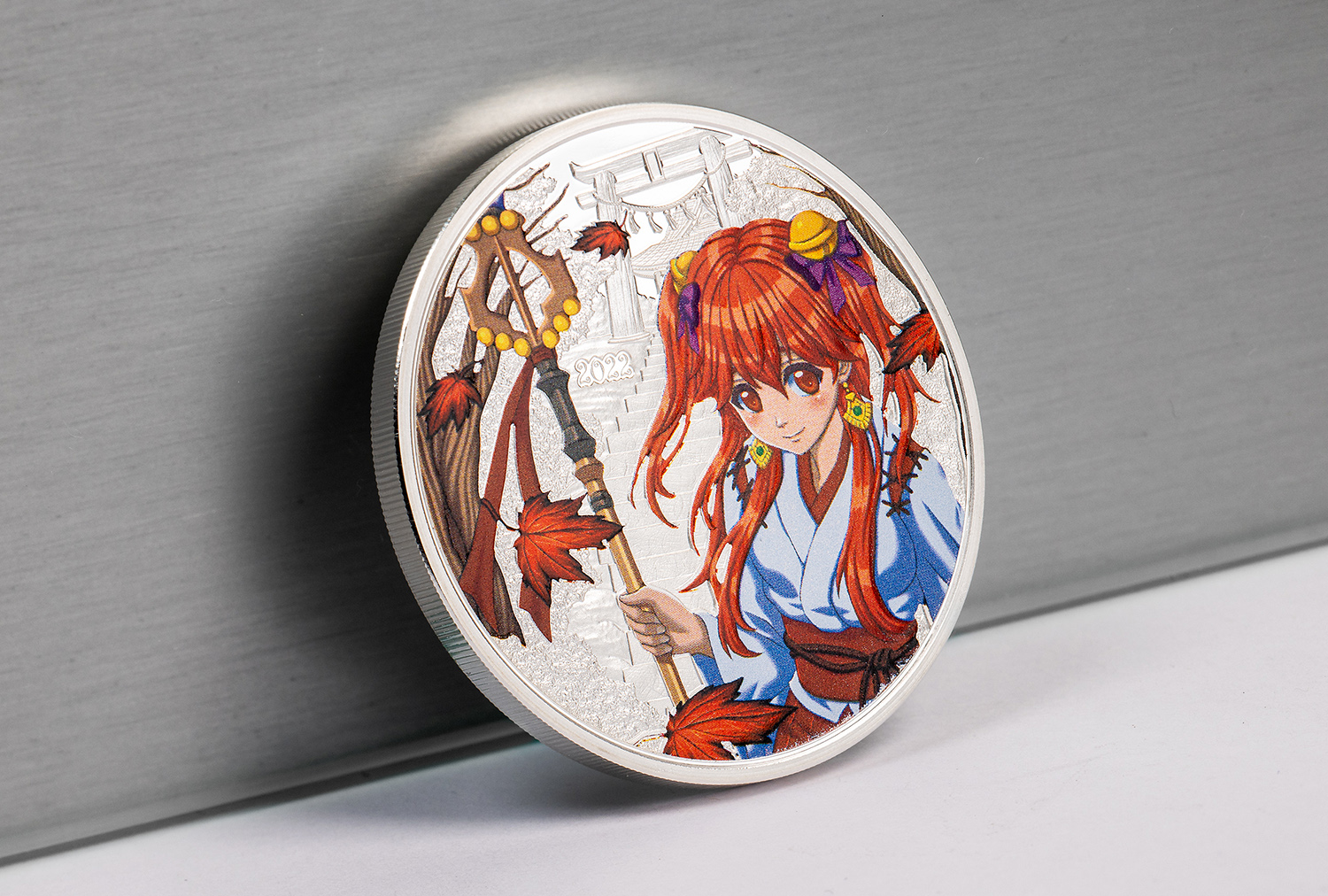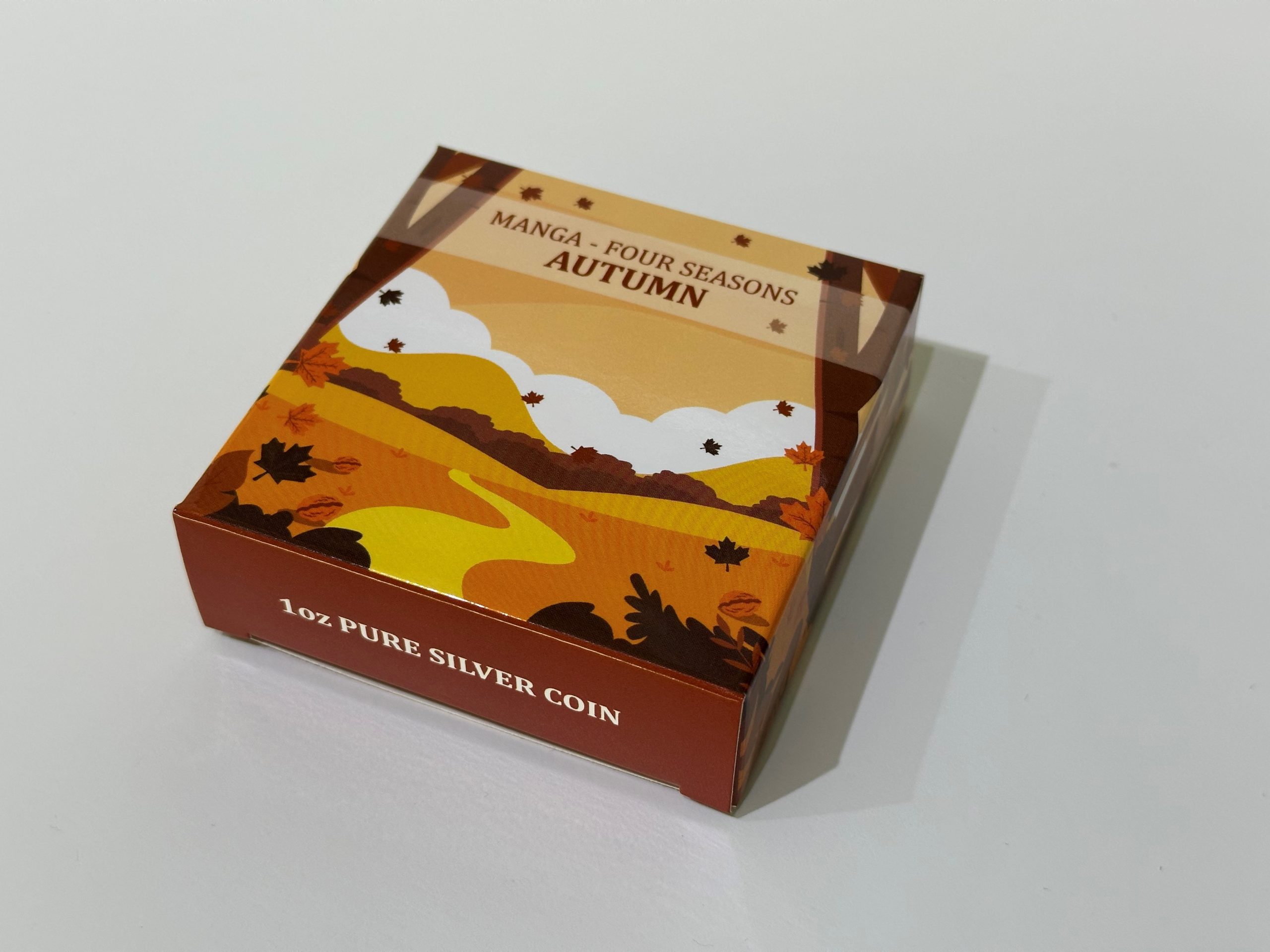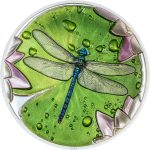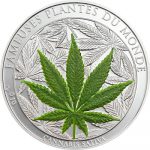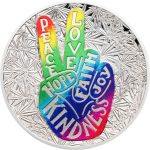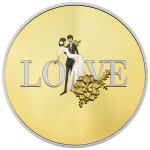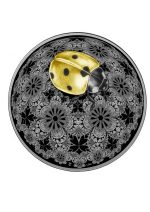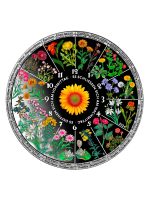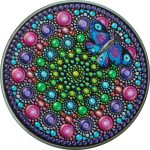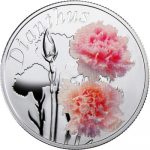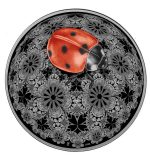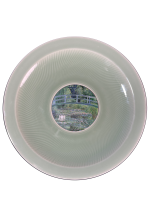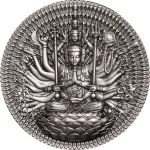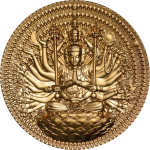Cook Islands – 2022 – 5 Dollars – Autumn Manga Four Seasons
€ 129.95
This item is currently sold out, but we can source if for you. Click on the waitlist and be informed. This is free of charge! Contact us if you have further questions.
| Issuing Country | Cook Islands |
| Year of Issue | 2022 |
| Face Value | 5 Dollars |
| Metal | Silver |
| Fineness (purity) | 999/1000 |
| Weight | 1 oz |
| Diameter | 38.61 mm |
| Quality | PROOF |
| Mintage | 999 pcs. |
| Scope of Delivery | Box Certificate |
| Special feature | Colored |
Description
Autumn kicks off this completely new “Manga series” together with Summer. These are part of the four seasons of which Winter and Spring will release in 2023. Manga is a comic style that dates to late 19th century Japan. Beautiful Autumn is minted on a 1oz pure silver 38.61mm blank and colourful decorated. The fine details completement the special Cook Islands coat of arms. With its strictly limited mintage of 999 pieces worldwide it’s recommend to get one soon to make sure you’ll have all the four seasons by mid 2023.
Coin description
The reverse has a beautiful comic character dress in traditional Manga style autumn clothing and in full color. In the background there are fine detailed trees with autumn leaves in colors. In the far background a traditional Japanese temple. The reverse also has the inscription “2022” (the year of issue).
The obverse side of the coin is a special coat of arms. In a circle there are various objects related to the four seasons. All stylized. The obverse also has the Coat of Arms with Queen Elizabeth II and the inscriptions: “COOK ISLANDS” (the issuing country) and “5 $” (the face value).
Background information
Manga is a graphical comic style which originates in late 19th century Japan. There are plenty of genres from action, adventure, comedy, romance, science fiction but also historical comics. Manga is read by people from all which counts to 15 sold comic books per person yearly in Japan alone. In the past few decades, the style also took off in North America which contributed to the fast availability of e-comics on tablets and phones.
The word “manga” comes from the Japanese word 漫画,[30] (katakana: マンガ; hiragana: まんが) composed of the two kanji 漫 (man) meaning “whimsical or impromptu” and 画 (ga) meaning “pictures”. The same term is the root of the Korean word for comics, “manhwa”, and the Chinese word “manhua”. [source: Wiki].

